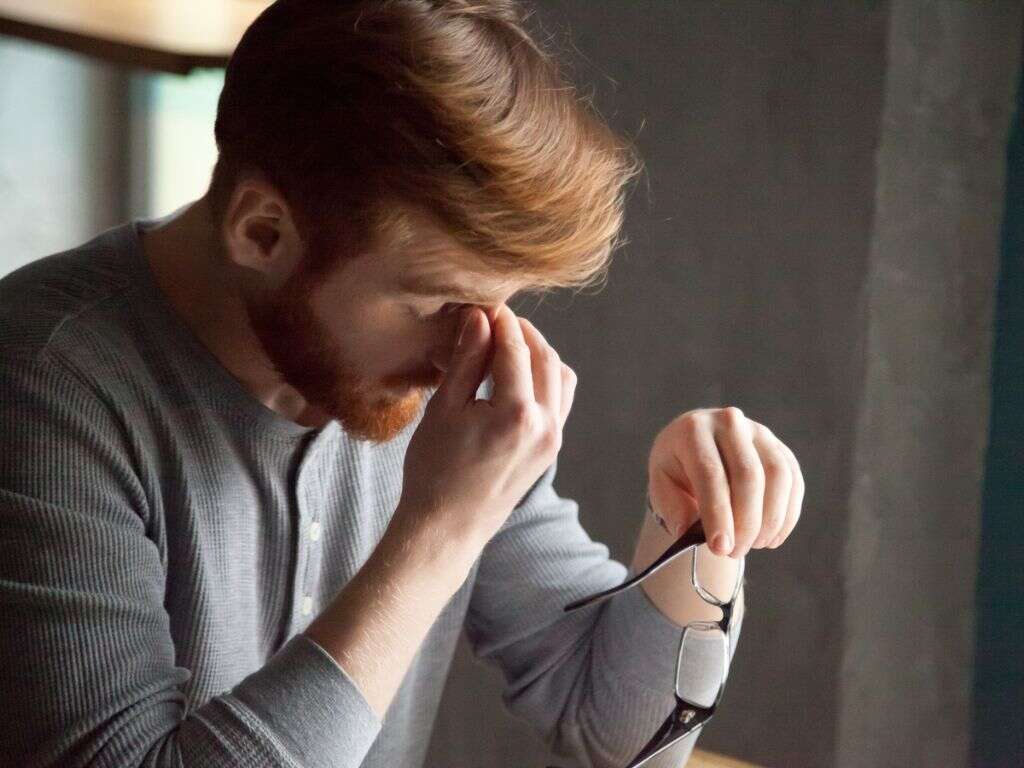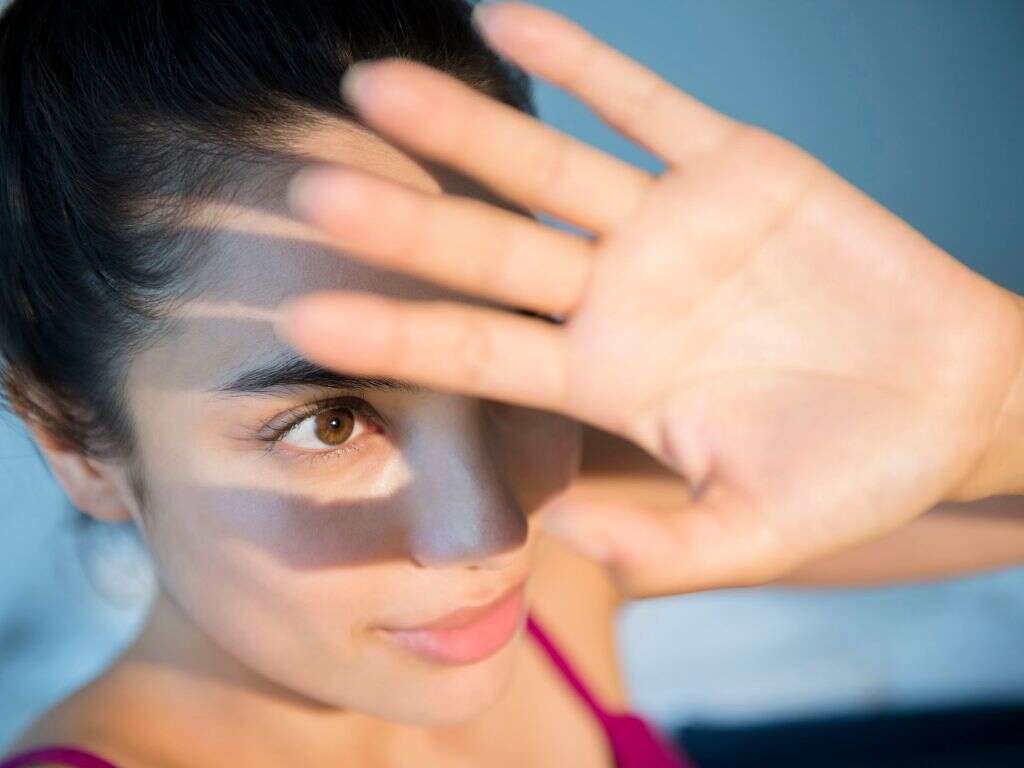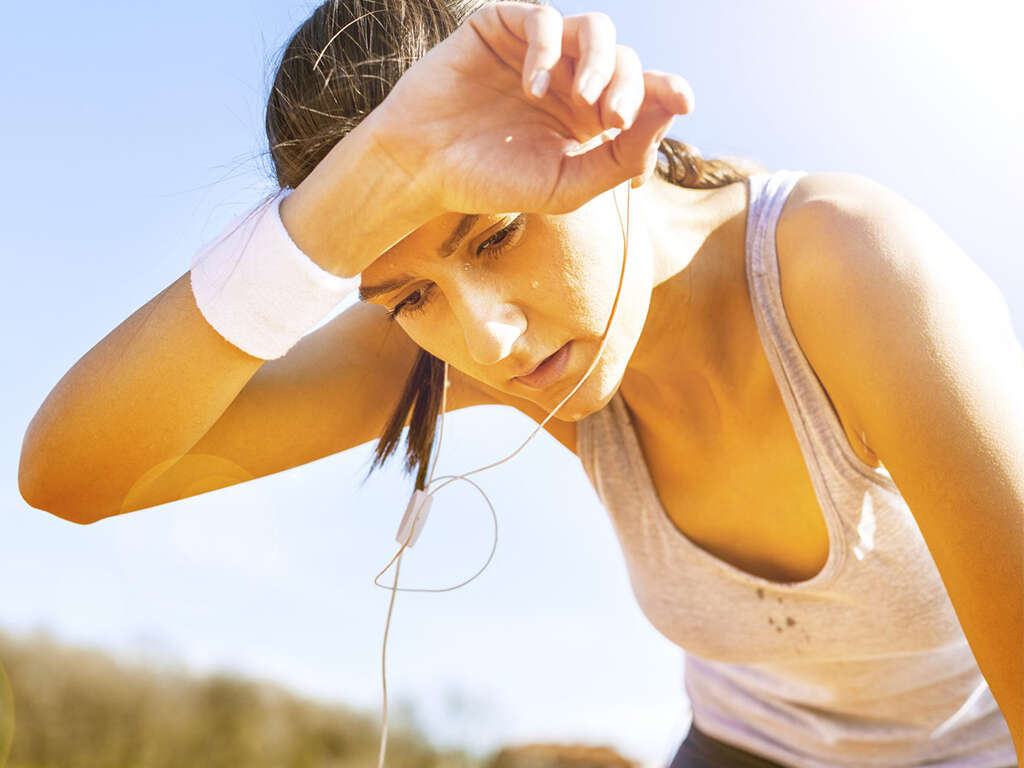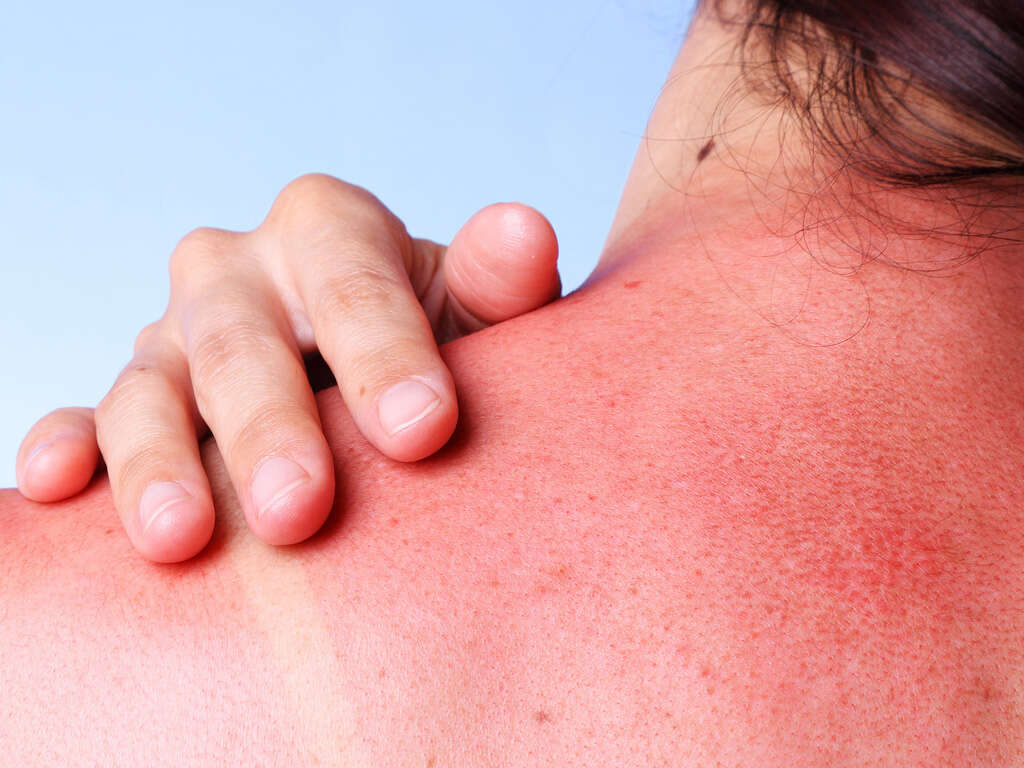10 Heat Exhaustion Symptoms
Heat exhaustion is a relatively common problem that most of us have experienced at least once during our lives. One might think that heat exhaustion primarily affects people that live in hotter climates, but this isn’t always the case—especially since people born and raised in these areas are more used to the temperature. Heat exhaustion is just as likely to occur in other areas of the world where it’s not hot year-round. People who live in areas with temperate winters and hot summers may experience heat exhaustion during the summer months because they are not primed year-round for the heat.
While heat exhaustion can certainly cause dehydration and the related symptoms, it’s important to note that the two problems are not the same. Many people who are experiencing heat exhaustion think that they’re just dehydrated and that they need to drink more water. While that may help, the most important thing to do is get out of the heat. In serious cases, you might need to go seek medical help. There are two main types of heat exhaustion. The first occurs when the body is depleted of fluids, which can lead to symptoms such as weakness and headaches—common things that any dehydrated person might experience. The second type of heat exhaustion occurs when the body is depleted of salt because of it being excreted through sweat. The symptoms of this type of heat exhaustion can include nausea, muscle cramps, and dizziness.
It’s important to note that heat exhaustion isn’t as dangerous as heat stroke, but the condition can still be problematic. If you don’t treat it quickly, it can develop into heat stroke which can cause permanent damage or even be fatal. If you’re worried about whether or not you’re experiencing heat exhaustion, or someone you care about is displaying some symptoms, you need to be able to determine your next course of action. That’s why we’ve written this list of the ten most common symptoms associated with heat exhaustion.
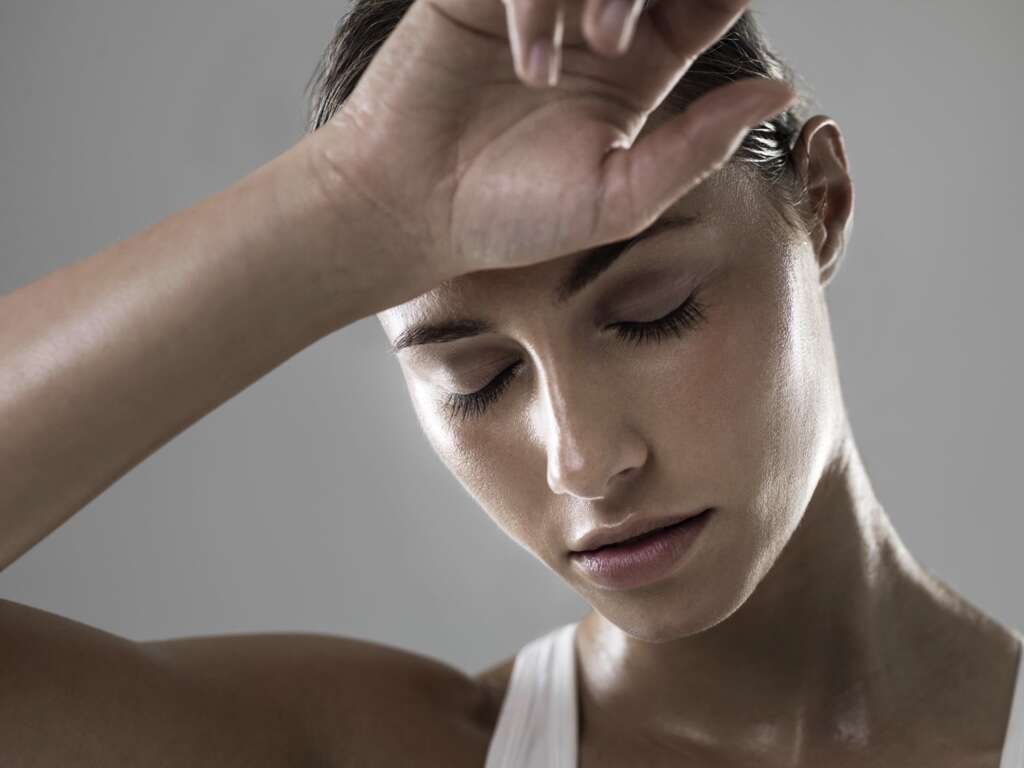
Symptom #1: Excessive Thirst
Being thirsty doesn’t necessarily mean that you have heat exhaustion. However, it could be an indicator that you’re beginning to develop it—especially if you find yourself incessantly thirsty regardless of how much water you have drunk.
This is a sign that you are not just thirsty but actually depleted of water. At this stage, other symptoms of dehydration can emerge and cause problems in your physical and mental health.
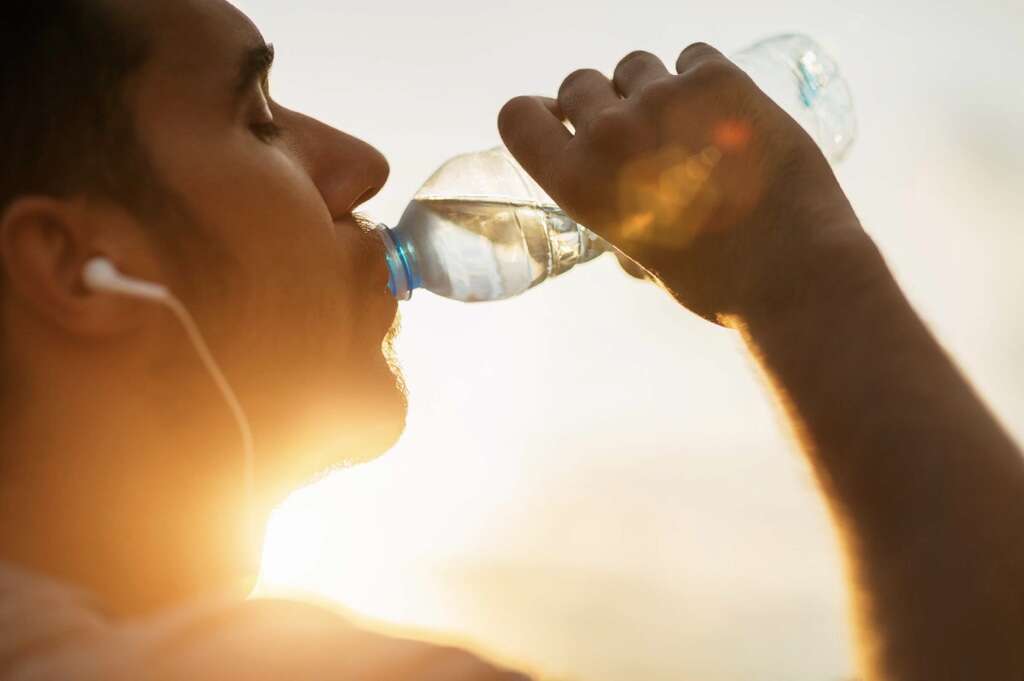
Symptom #2: Fatigue
The body relies on water for optimal function. All of our internal organs, our muscles, and our brains rely on water to function properly, and if we don’t have enough water present in our body then we will begin to suffer as a result.
One of the most common problems associated with water depletion is fatigue. It can be difficult to maintain your energy levels when you are extremely dehydrated, and it’s important that you find a cool area and get some time to rest.

Symptom #3: Headache
If you’ve ever told someone that you’ve got a headache, chances are they told you to drink some water. This is because a headache is one of the most common symptoms of dehydration.
In the case of heat exhaustion, headaches can indicate that the body has become so depleted of water that the brain is struggling to function properly. Headaches caused by dehydration often occur alongside mental fatigue.
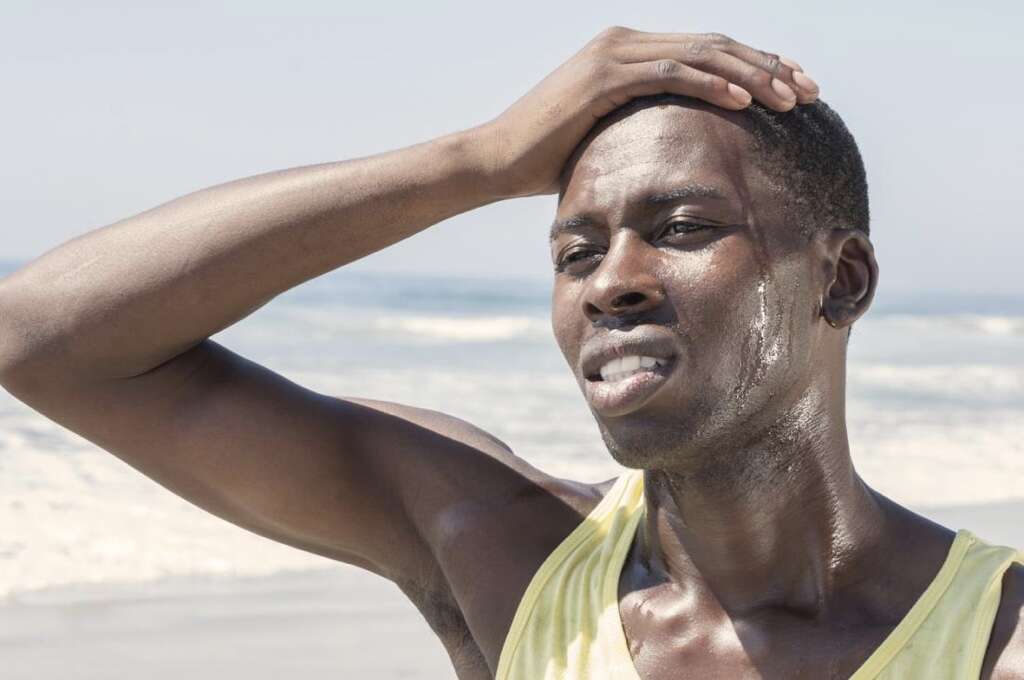
Symptom #4: Unconsciousness
This symptom tends to only occur if you are experiencing heat stroke that is a result of water depletion, and this is because unconsciousness is one of the many symptoms of dehydration.
However, it’s not a very common symptom and most people are able to find a place to hydrate themselves and get out of the heat before they fall unconscious.
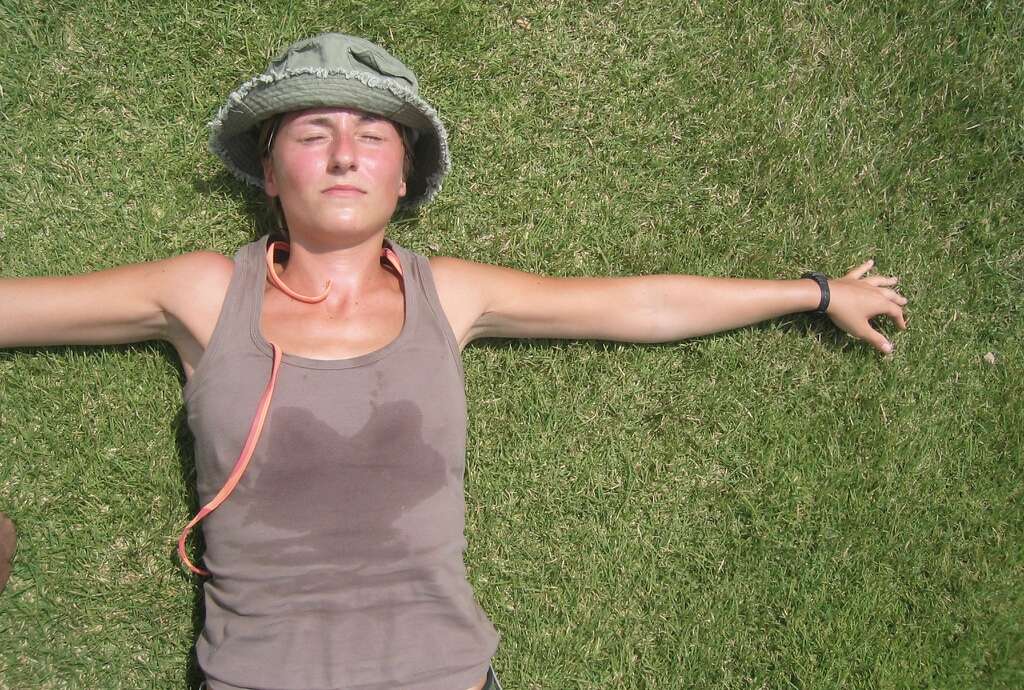
Symptom #5: Nausea
Pretty much everyone is familiar with the sensation of nausea. Nausea is a queasy feeling that hits us in the pit of our stomach, and usually accompanies some sort of illness or disease. Unfortunately, nausea can also come along with heat exhaustion.
Nausea is usually caused by an electrolyte imbalance in this case, which signifies that the heat exhaustion is being caused by salt depletion.

Symptom #6: Vomiting
Anyone who has experienced nausea knows that it often precedes vomiting. Nausea is the body’s mechanism that informs that brain that there is something not right in the system. In many cases, this can lead to the person expelling the contents of their stomach.
Unfortunately, in the case of heat exhaustion, vomiting doesn’t usually help. However, it’s an indication that the body has been depleted of salt and that one should consume an electrolyte drink such as coconut water to help restore balance to the body.
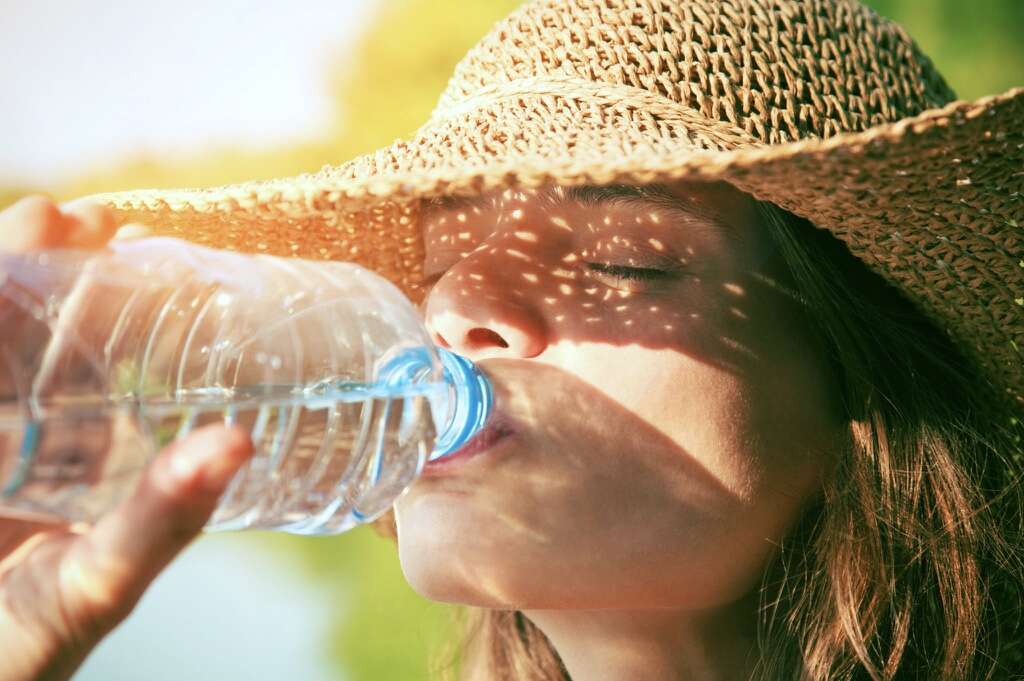
Symptom #7: Muscle Cramps
Another symptom that tends to occur during heat exhaustion is muscle cramping. This symptom tends to only occur if the heat exhaustion is relatively severe.
The cramps tend to start out small but can become quite intense if the heat exhaustion is not dealt with properly.

Symptom #8: Dizziness
Dizziness is another symptom that tends to occur with heat exhaustion. Dizziness on its own is not necessarily dangerous, but if a person develops heat exhaustion while they’re out for a run, it could pose a problem.
Dizziness tends to most often occur when the heat exhaustion is related to salt depletion. Electrolyte drinks can help to restore levels of sodium in the body.
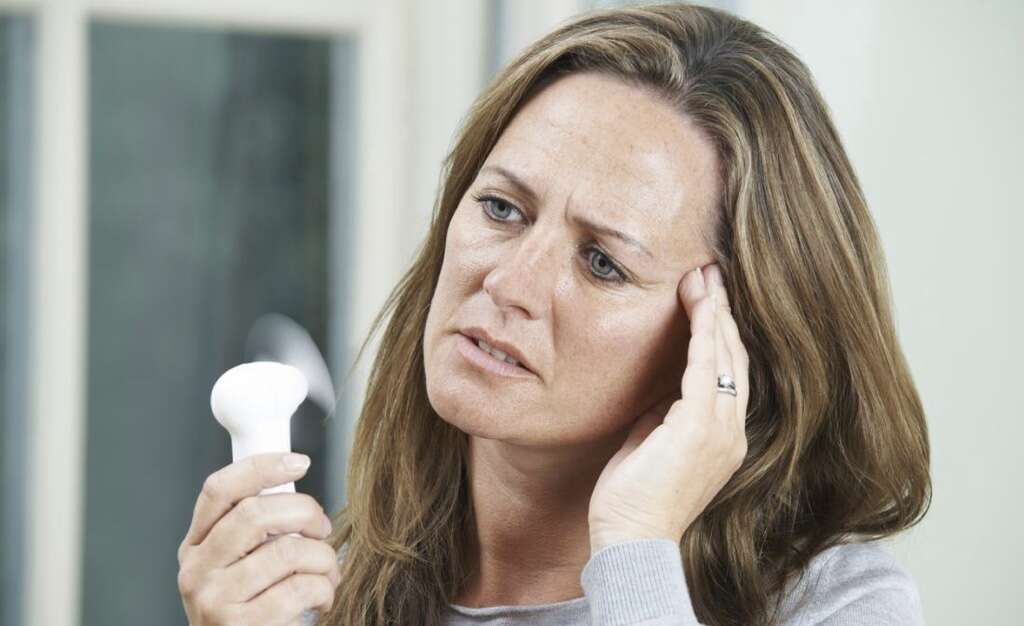
Symptom #9: Rapid Heartbeat
Having a rapid heartbeat can be an indication of heat exhaustion. If you’re exercising, it can be hard to determine whether or not you have heat stroke from your heartbeat alone because it will already be beating faster than normal.
However, if you’re sitting at rest and find your heart beating quickly in addition to some of these other symptoms, it’s probably time to cool down.

Symptom #10: Sweating Excessively
It’s normal to sweat a bit when it’s hot out, but sweating excessively can be an indication that your internal body temperature is rising too high and that you need to get out of the heat.
Sweating too much can exacerbate dehydration and salt loss and can aggravate the symptoms of heat exhaustion. If you find yourself sweating a lot, make sure that you consume a drink with electrolytes in it.
As heat exhaustion progresses sweating will eventually stop due to depletion of the body’s water reserve. This is a serious indicator to seek help.




